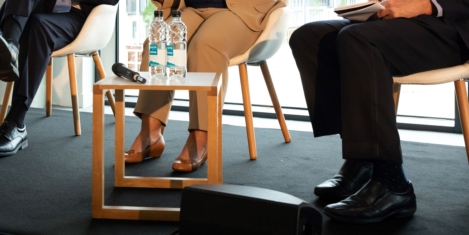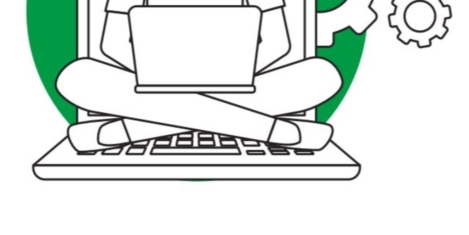July 14, 2019
Sheer volume of data can make marketers blind to strategy
 The vast majority (83 percent) of senior marketers are struggling to adapt to the volume of data available to them, while 80 percent feel the industry as a whole focuses on too many performance metrics, according to a new report from research company Censuswide and Domo. The study polled 681 senior marketers around the world on their opinions, routines and plans for the future. It revealed that analytics, from a vast number of sources, are driving ‘data blindness’ as marketers lose sight of KPIs, and 78 percent of respondents admit to chasing short-term results over long-term strategy. (more…)
The vast majority (83 percent) of senior marketers are struggling to adapt to the volume of data available to them, while 80 percent feel the industry as a whole focuses on too many performance metrics, according to a new report from research company Censuswide and Domo. The study polled 681 senior marketers around the world on their opinions, routines and plans for the future. It revealed that analytics, from a vast number of sources, are driving ‘data blindness’ as marketers lose sight of KPIs, and 78 percent of respondents admit to chasing short-term results over long-term strategy. (more…)










 The use of technology to support communication and collaborative working in an increasingly digital and flexible world is something many of us recognise. However, a global study released today by
The use of technology to support communication and collaborative working in an increasingly digital and flexible world is something many of us recognise. However, a global study released today by 
 Many larger businesses are struggling to implement digital transformation in spite of the dangers to their long term survival, a new joint report from CBI and Oracle claims. According to
Many larger businesses are struggling to implement digital transformation in spite of the dangers to their long term survival, a new joint report from CBI and Oracle claims. According to 


 AI and its transformational effect on the global business landscape was the dominant theme on day one of the
AI and its transformational effect on the global business landscape was the dominant theme on day one of the 


 A new study suggests that more than 7 in 10 Britons working in production are concerned that their jobs may be made obsolete thanks to developments in Artificial Intelligence in the coming years. What’s more, over two fifths of respondents believe AI could rebel against humans. As technology develops and more money and time is invested into AI, the public’s opinion has been explored, with those working in production, HR and construction uncovered to be the most worried that AI could take their jobs away from them.
A new study suggests that more than 7 in 10 Britons working in production are concerned that their jobs may be made obsolete thanks to developments in Artificial Intelligence in the coming years. What’s more, over two fifths of respondents believe AI could rebel against humans. As technology develops and more money and time is invested into AI, the public’s opinion has been explored, with those working in production, HR and construction uncovered to be the most worried that AI could take their jobs away from them. 












June 20, 2019
The case for a shorter working week
by Shainaz Firfiray • Comment, Wellbeing